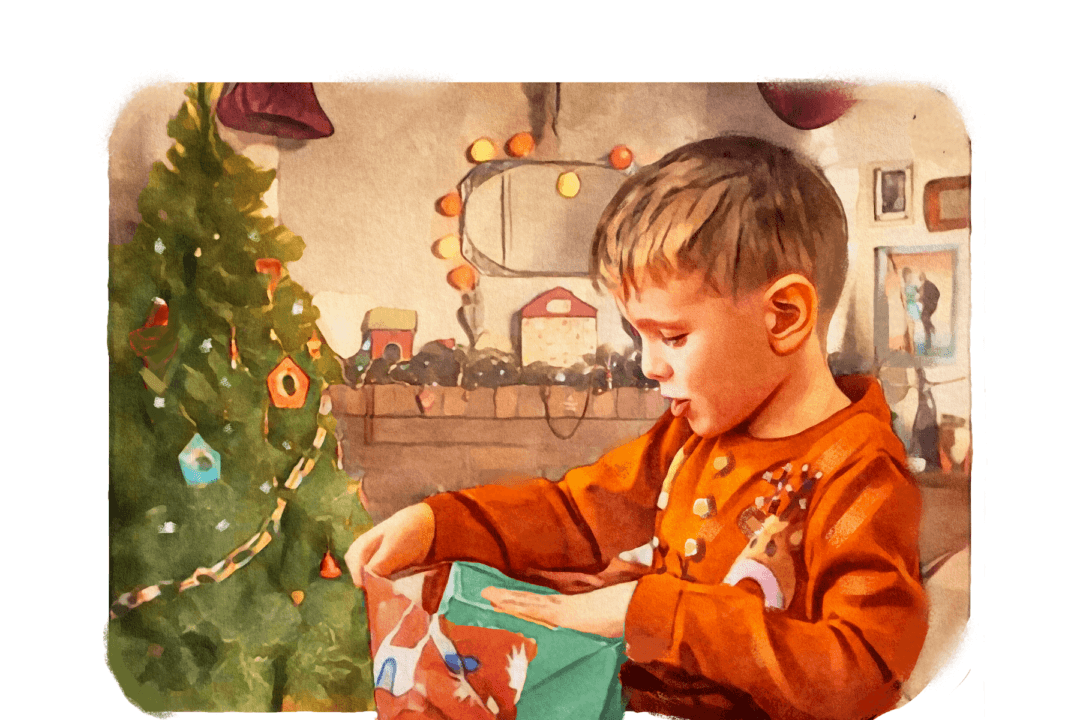Many years ago, a teen girl brought her 6-month-old baby to see me because he cried a lot and Mom was worried. We talked about the baby’s symptoms, his care and diet, and I began to examine him. As I felt his belly, I asked, “Does your tummy hurt?”
Mom laughed. “Babies can’t talk!” she exclaimed.





